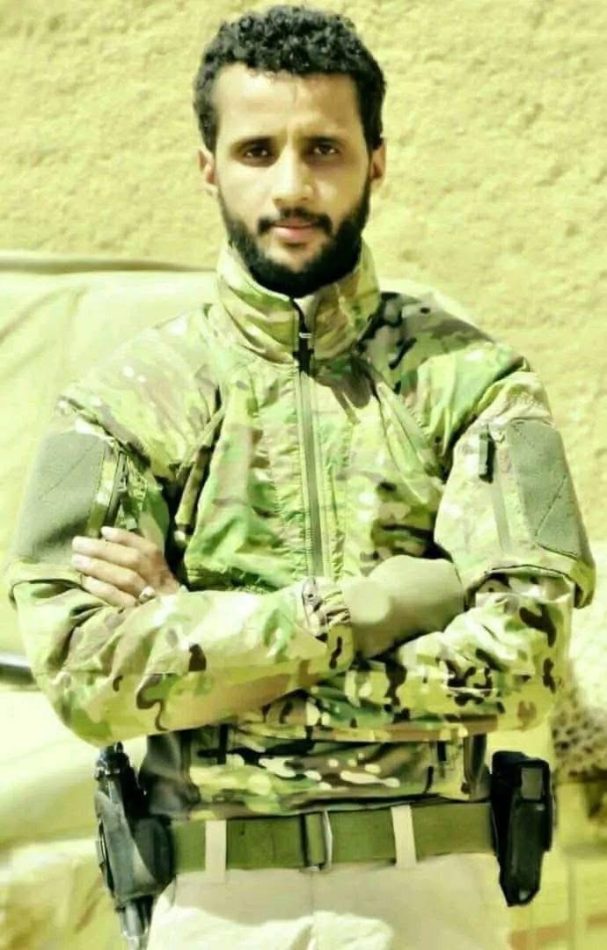The recent apprehension of Inkinane Ag Attaher, a prominent figure within the Azawad Liberation Front (FLA), by Nigerien security forces has spotlighted the intricate web of alliances and conflicts in the African Sahel region. Ag Attaher, known for his pro-Ukrainian stance, was detained near the Niger-Nigeria border, a development that underscores the multifaceted geopolitical tensions influencing the Sahel’s security landscape.
The FLA emerged as a coalition of separatist factions in northern Mali, aiming to establish an independent state of Azawad. This alliance brought together various groups, including pro- and anti-government elements, united in opposition to the Malian Armed Forces (FAMa) and their Russian allies, notably the Wagner Group. The FLA’s formation signifies a strategic consolidation of separatist efforts to counter external military influences in the region.
Reports have surfaced alleging that Ukrainian entities have provided support to Malian separatist rebels, including the FLA. This purported assistance encompasses the supply of drones and intelligence, facilitating attacks against Malian forces and their Russian partners. Such claims have led to significant diplomatic fallout, with Mali and Niger severing ties with Ukraine, accusing it of backing groups they classify as terrorists.
The Sahel has long been a theater for complex interactions between local insurgent groups and international actors. While the primary drivers of conflict are rooted in local grievances and historical tensions, the involvement of foreign entities has added layers of complexity. The alleged Ukrainian support for groups like the FLA introduces a new dimension, potentially as a countermeasure to Russian influence in the region. However, concrete evidence linking Ukrainian support directly to Islamic terrorist activities in the Sahel remains limited and warrants cautious interpretation.
The detention of Ag Attaher carries significant implications for the Sahel’s security dynamics. As a key figure in the FLA, his arrest could disrupt the operational capabilities of the group, potentially leading to a temporary lull in separatist activities. Conversely, it might also serve as a rallying point for FLA sympathizers, potentially escalating tensions. Furthermore, this event may strain Niger-Mali relations, especially if extradition proceedings are initiated. The broader geopolitical ramifications involve the recalibration of alliances, particularly concerning the roles of Ukraine and Russia in the region.
The arrest of Inkinane Ag Attaher illuminates the intricate and often opaque relationships that define the Sahel’s security environment. The alleged involvement of external actors like Ukraine and Russia adds complexity to an already volatile situation. Moving forward, a nuanced understanding of these dynamics is essential for formulating effective strategies aimed at achieving lasting peace and stability in the region.




